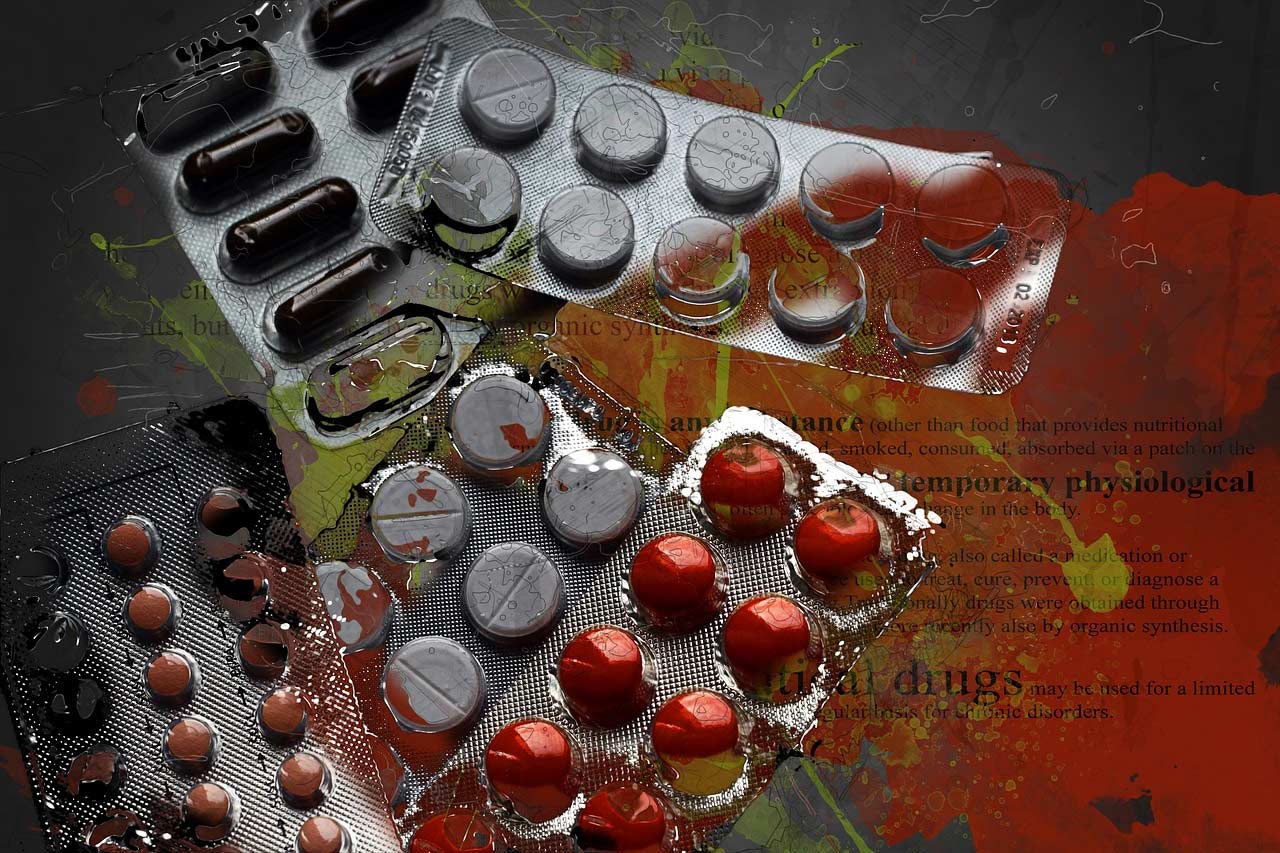Everyone needs to know that drugs are, first and foremost, chemicals. When you take these chemicals into your body by eating, inhaling, injecting, or smoking, they can wreak havoc on your brain’s communication system and alter the way your nerve cells usually, send, receive, or process information. In short, drugs have a significant effect on how your brain works and its effects can be a lot worse if you have become drug-dependent.
What is Drug Addiction?
 Drug addiction is a type of chronic brain disease that causes someone to compulsively use or seek drugs, despite the harmful effects of using them. When you use drugs for the first time, it is usually a free choice that you’re going to make. But the repeated and consistent use of drugs can cause your brain to change. This will drive you to continually seek out and use drugs over and over again, no matter what. When you become a drug addict, you begin:
Drug addiction is a type of chronic brain disease that causes someone to compulsively use or seek drugs, despite the harmful effects of using them. When you use drugs for the first time, it is usually a free choice that you’re going to make. But the repeated and consistent use of drugs can cause your brain to change. This will drive you to continually seek out and use drugs over and over again, no matter what. When you become a drug addict, you begin:
- To develop bad habits like stealing
- You feel distant from your family and loved ones
- You lose your friends
- Develop physical or mental problems caused by drug abuse
Effects of Drugs on the Brain
Drugs are different since they have different chemical structures, and each works differently. But, there at least two ways that drugs work on our brain.
1. Drugs imitates the brain’s natural neurotransmitters.
Drugs like heroin and marijuana have chemical structures that imitate those of the brain’s natural neurotransmitters or chemical messengers. These drugs can even fool our receptors and activate our nerve cells. Although their chemical structures mimic the brain’s natural neurotransmitters, they just don’t work the same way. As a result, the neurons send abnormal messages through the brain, which affects other brain functions as well as other body functions.
There are also drugs such as cocaine and methamphetamine, which can affect our body’s normal production of dopamine (a natural neurotransmitter). These drugs can release too much dopamine, or prevent the normal recycling process of dopamine. Normally, after it is released, it is recycled back to the dopamine transmitting neuron, but cocaine can bind the dopamine and prevent it from getting recycled. The dopamine will build up and will eventually flood the neural area, causing nerve cells to produce too much dopamine. This results in mixed messages in your brain, which can affect the communication channels.
2. Drugs overstimulate the brain’s “reward circuit.”
Drugs such as cocaine, marijuana, and nicotine, can affect the brain’s “reward circuit.” Dopamine is responsible for creating feelings of pleasure. The brain’s “reward” circuit” responds typically to the feelings of pressure by producing dopamine. Drugs like cocaine can take over this process. They can cause large amounts dopamine to flood the system. This flood is what causes a person to feel “high” or intense happiness or excitement after using drugs.
How Did You Become a Drug Addict?

As mentioned earlier, when you use drugs for the first time, it is usually a choice that you make on your own. But when you use drugs over and over again, you become heavily dependent and addicted to them. Once you become addicted to drugs, you may find yourself almost unable to stop the addiction. Here’s how a person can become a drug addict.
As we all know, our brain is programmed to repeat an activity that it finds healthy or makes you feel good. Whenever you do an activity that makes you feel good, your brain takes notes of that and remembers it. Your brain will teach you to do it again and again, without you thinking about it.
[su_note note_color=”#efefef”]Also read: A way out of prescribed drug addiction[/su_note]
Using drugs can take over of this system. Since drugs can make you feel good and give you an intense feeling of excitement and happiness, the brain also takes note of this and remembers it. This will make you use drugs over and over again because your brain finds this a healthy activity that makes you feel good.
If you use drugs over and over again, your brain will adjust to the flood of dopamine. The neurons in your brain may start to produce less dopamine or reduce the number of dopamine receptors.
This can reduce a person’s ability to feel pleasure. A drug addict will feel depressed, flat, and lifeless. He/she is no longer able to enjoy things or activities that once gave him/her pleasure. That person will now rely on using drugs just to get the dopamine production back to normal again.
Time and Discipline Are Key
It’s hard to get out of drug addiction as it takes a lot of time and discipline. The worst thing about getting better from drug abuse is that there’s no exact cure or treatment for you to stop using drugs and stay drug-free for the rest of your life. You may get counseling or take medications, but the best way for you to be drug-free is to commit to yourself that you won’t be using drugs anymore. If you find you’re in trouble with the law, it’s best to seek a professional lawyer’s help.
